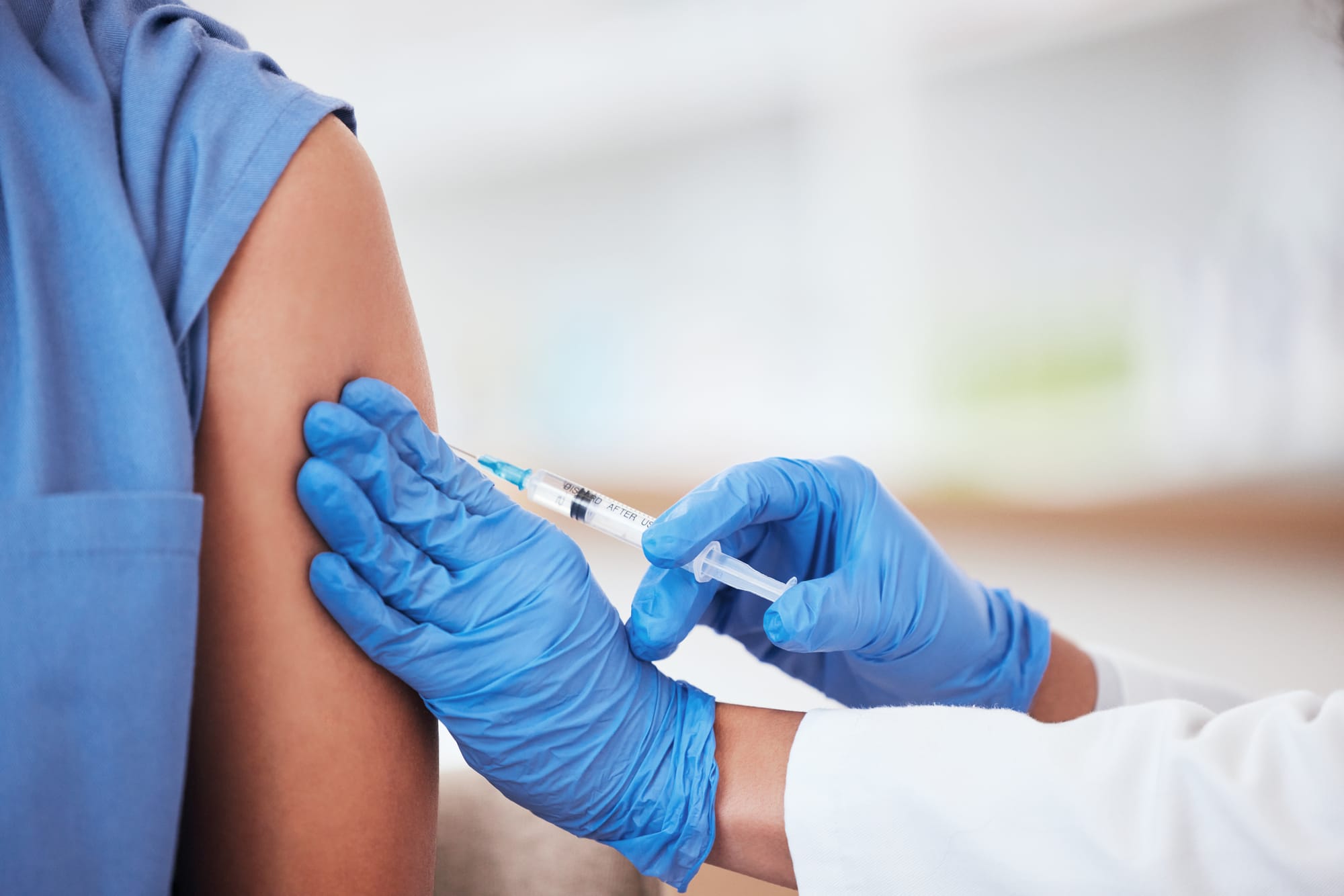Baton Rouge STI Cases Spike in 2023, Community Leaders Call for Urgent Action
Community advocates are sounding the alarm over the resurgence of syphilis. “What I find more alarming is over 200 cases of syphilis.

BATON ROUGE, La. — Baton Rouge and surrounding parishes saw nearly 10,000 new sexually transmitted infection (STI) cases in 2023, according to data from the Louisiana Department of Health, prompting local health organizations to intensify outreach and prevention efforts. The numbers include more than 6,300 cases of chlamydia, over 2,200 gonorrhea diagnoses, and a concerning 200-plus cases of syphilis—a disease once considered eradicated in the region.
Syphilis Returns, Posing Risk to Mothers and Infants
Community advocates are sounding the alarm over the resurgence of syphilis. “What I find more alarming is over 200 cases of syphilis. That’s a concern because we had eradicated it in this region for a long time,” said Eugene Collins, a Baton Rouge health advocate.
The data revealed 57 pregnant women diagnosed with syphilis in 2023, with 21 passing the infection to their babies. Tragically, three infant deaths were linked to congenital syphilis, which occurs when an untreated mother transmits the infection to her child. Early 2024 trends suggest STI rates are continuing to rise.
Community Assessments Reveal Gaps in Knowledge and Access
To address the growing concern, Metro Health partnered with Community Access Inc. (CAI) to conduct a series of “needs assessments” in the Baton Rouge area. The initiative aimed to evaluate public understanding of STIs, access to healthcare resources, and the type of support residents need.
Focus groups and interviews included college students, teachers, seniors, and other community members. Participants highlighted widespread misinformation about STIs, including beliefs that HIV could be transmitted through kissing or toilet seats. While residents expressed trust in doctors and local clinics, lack of insurance and transportation emerged as significant barriers to care.
Early Education and Outreach Key to Prevention
Many participants recommended starting sexual health education earlier, giving young people the knowledge to make informed choices before they face risk. Affordable testing, clearer guidance on treatment, and expanded community outreach were also identified as priorities.
“Our goal is to develop methods and objectives that help people get educated, get tested, receive treatment, and live healthy lives,” said Metro Health CEO Shirley Lolis.
Next Steps: Turning Feedback Into Action
CAI and Metro Health plan to use the community feedback to design targeted programs aimed at slowing STI transmission and improving access to care. “We’ll return next year to go deeper, see the responses we’re receiving, and build programming that reflects what the community says is most important,” said Maisha Drayton of CAI.
Officials hope these combined efforts will reduce new STI cases, protect vulnerable populations—including pregnant women and infants—and strengthen public health outcomes across Baton Rouge.






